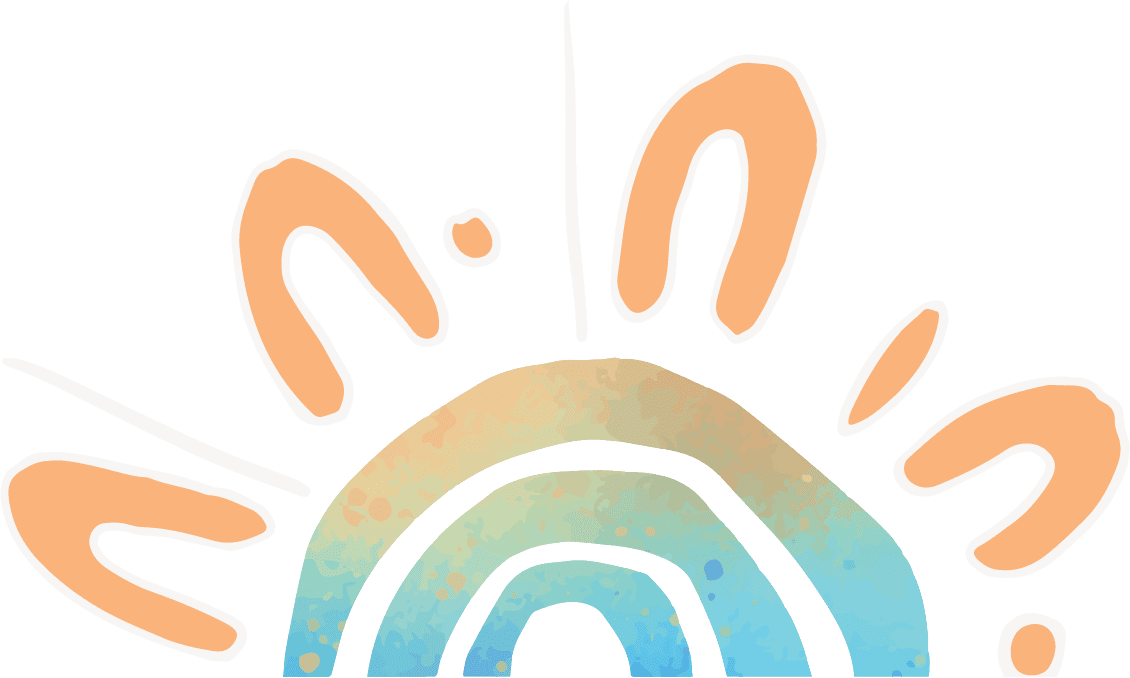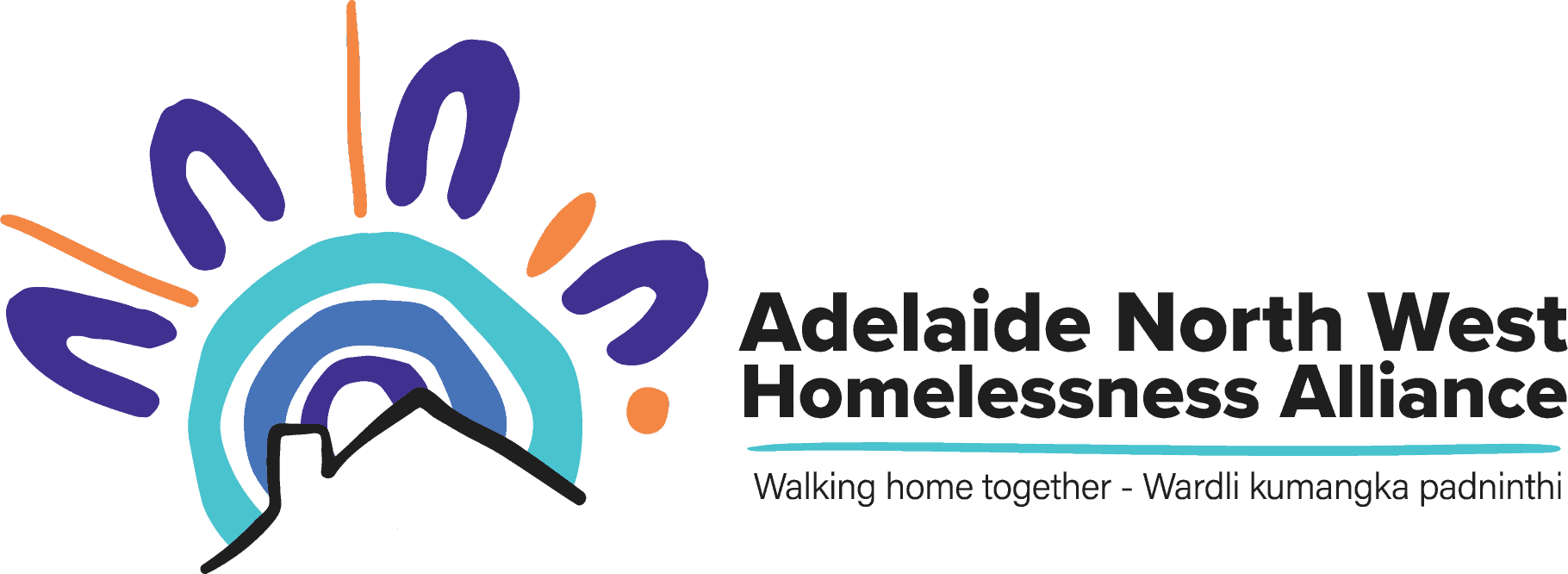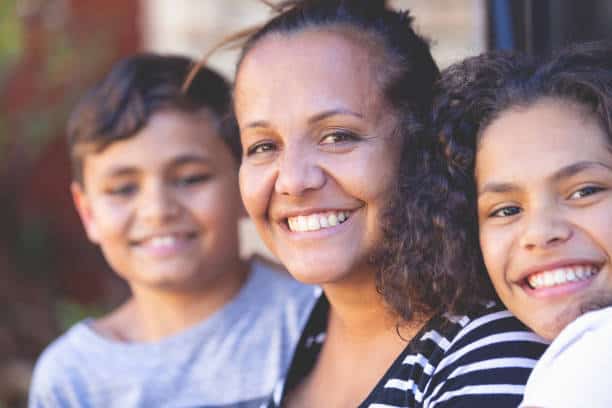FAQ

Have a question?
We’ve put together some commonly asked questions to give you more information about ANWHA and the services we offer, which we hope will give you the answers you need.
If you would like to ask something that is not answered here, feel free to get in touch.
Public and community housing is mainly for vulnerable and low-income households who can’t access or maintain other forms of accommodation like renting privately. There are limited numbers of public and community housing available.
You can register your interest in public and community housing if you:
- live in South Australia
- don’t own or partly own residential property
- have an independent income.
Your household’s income must be less than or equal to the income and asset limits, unless you have special circumstances. There may be more conditions if you are registering for community housing.
You can’t register for public housing if you have been excluded from South Australian Housing Trust (SAHT) services because of:
- antisocial behaviour
- an unarranged debt with SAHT – make an arrangement to repay a debt to be eligible to register.
Check if you have a debt with SAHT with your Housing Connect Account.
If there is more than one household group in your registration, for example, a couple with a child and a financially independent elderly parent, both households need to be eligible or have special circumstances.
For more information, please refer to the following link: Apply/Register for housing
Once you have applied you will get a letter telling you if your registration has been successful. You may be asked to provide more information or attend an appointment to talk about your situation.
Registrations are placed into a category based on your need. People with the highest level of need are generally offered housing first.
Each year the South Australian Housing Trust (SAHT) will write to you to check your registration is up to date. Respond to this letter if you still want to be registered. Wait times are based on your choice of house type, areas and the properties that become available. Therefore, timeframes are unpredictable.
Everyone’s situation is unique; therefore, it is first recommended that you contact Homeless Connect or our Alliance to advise us of your situation so we can assess what housing options may be available to you.
Our Alliance has private rental packs with useful tips that help you to maximise your visibility to agents and potential landlords. We can email you a copy or you can pick one up from one of our local offices. Our advice right now is to apply for as many properties as you can and attend any open inspections you are invited to. You may need to rethink your locations and property wish list to increase your chances.
Public housing refers to all types of housing managed by the South Australian Housing Trust (SAHT), including public and Aboriginal housing and housing managed by SAHT in Aboriginal communities.
Aboriginal housing is specifically for people of Aboriginal or Torres Strait Islander descent.
Community housing is provided and managed by organisations who are independent of government, with strong links to their community, and provide housing to specific groups in the community, such as people with disabilities.
Find a community housing provider
Housing cooperatives are managed by members who are usually also tenants. Tenants actively participate in running the cooperative by attending meetings, making decisions about how the cooperative operates, looking after the properties, and managing the tenancies.
Our Alliance relies on the availability of vacant and appropriate housing in the public and community housing sectors, and private rental market. Our services can provide support to you to help navigate these systems. Our job is to resource you to have the best chance of securing housing through these channels.
Our Access Team will talk with you to discuss what’s currently happening for you and how we can best support your needs. We will work with you to ensure you understand the next steps to resolving your needs, including seeking emergency accommodation options in some cases. We will work in partnership with you to ensure you know what you need to do and what we will do to help. We may need to you attend one of our office locations to do some of these tasks.
Our Access Team will speak with you and together we will determine if emergency accommodation is the right avenue for you and/or your family. We will then work with you to ensure you are safely supported into a motel. You will need to fulfill a range of weekly obligations while you are in emergency accommodation including applying for properties, contributing financially towards your stay and adhering to the rules of this program. You will be assigned a case manager who will work with you on finding a pathway to your next housing option.
Call 1800RESPECT and/or Domestic and Family Violence Line on 1800 800 098. Alternatively, if you are experiencing homelessness as a result of DV you can contact our Access team. If you need SAPOL and/or SA Ambulance, call 000. If you are unsure what to do you outside of business hours, call Homeless Connect on 1800 003 308.
ANWHA have a team of homelessness prevention specialists who can work with you to strengthen your current tenancy and avoid becoming evicted. We work with you to uncover the underlying issues and difficulties with the tenancy and, where possible, resolve these. If you are thinking eviction is a possibility, please connect with us early so we can support you. If you need support to find another tenancy but you are still housed, you can contact our Access Team and they will connect you to our prevention specialists.
During state-called code blue and red weather emergencies, our Alliance responds with various initiatives to assist those braving the elements. To find out the local response call Homeless Connect on 1800 003 308.
These are State Government housing programs that include a housing lease together with case management support. These programs have criteria and are accessed through your homelessness case manager.
Each homelessness alliance and service has access to the same range of housing solutions. To ensure our services are able to respond to all people experiencing or at risk of homelessness, our sector is connected through a shared database. This helps us limit the number of people who fall through the gaps of our system. We want to ensure that you receive the right support, at the right time from the right service. We can connect you to those services no matter where you are.
We support anyone who is currently homeless or at risk of becoming homeless in the metropolitan north and west regions; from Port Adelaide up to Klemzig and out to the Barossa. Whether you are under 18, a family, a single person or a couple.
While it’s not ideal, staying safely with friends or extended family for as long as you can is really helpful as the wait for community, public or private rental housing is long at present. People without these options, or for whom these options become unsafe, may be eligible for emergency accommodation.
Yes, we can. ANWHA supports all people who present to our service. We will work with you to make a plan to address your individual or family needs.
Emergency Contact Numbers
- Homeless Connect SA (out of hours support): 1800 003 308
- National Domestic Violence and Sexual Assault Helpline (24/7): 1800 737 732 (1800 Respect)
- Lifeline (24/7): 131 114
- Kids Helpline (24/7): 1800 55 1800
If you are concerned for the immediate safety of yourself or someone else, please call 000 for emergency assistance.











